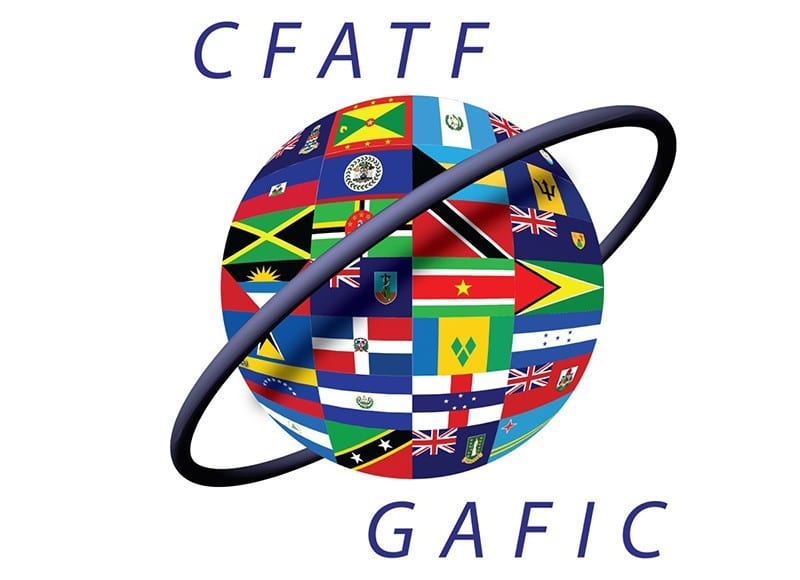It is absolutely critical that countries in the region put robust systems in place to protect them from acts of financial crimes and corruption. This was the hallmark of the just concluded Regional Judges and Prosecutors workshop, organized by the Caribbean Financial Action Task Force (CFATF), the Commonwealth Secretariat and the Government of Guyana.
The workshop was held at the Pegasus Hotel in Georgetown and saw over forty judges and prosecutors from the CFATF member countries participating.
The need for robust systems was highlighted by Secretary General of the Commonwealth Secretariat, Baroness Patricia Scotland, who noted that this is especially necessary for oil producing countries in the region.
She pointed out too that, “Every jurisdiction is being challenged in these areas.”
Baroness Scotland recalled that, “When I was the Attorney General of the United Kingdom…I had access to the Attorney General’s list in terms of the best Barristers in the country as well as some of the best solicitor firms in the country and now we know that is the sort of power that you need to build some of the ammunition to fight crime and corruption.”
Unfortunately, she said, many of the small countries in the region do not have the human resources that are necessary to fight such illicit acts.
“So what we are trying to do is pool that knowledge so that all of us have a similar opportunity to engage in this fight because what the criminals do they know no boundaries. They have a great conspiracy which is international and multinational so what we are trying to do is build a conspiracy of our own but this time is going to be a conspiracy of the just so we can fight them back better.”
Nevertheless, she commended Guyana for its efforts.
“Guyana and the Attorney General, who is chairing the Caribbean FATF is very instrumental in bringing people together to try and improve performances and I think Guyana should be commended for doing that; bringing people from right across the Caribbean to think, to plot and to see how we can better interdict the people that have been trying to undermine.”
The country has been increasing its vigilance against money launderers with the passage of the Money-Laundering (Prevention) Act 2000; the Anti-Money Laundering and the Countering of the Financing of Terrorism Act 2009; the Anti-Money Laundering and the Countering the Financing of Terrorism (Amendment) Act 2010; the Anti-Money Laundering and the Countering the Financing of Terrorism (Amendment) Act 2015; and the Anti-Money Laundering and the Countering the Financing of Terrorism (Amendment) (No. 2) Act 2015.
President David Granger had earlier stated that “progressively, the legislation has corrected deficiencies in the Anti-money Laundering-Countering the Financing of Terrorism regime and allowed for the improvement of compliance with the Task Force’s international standards.”




